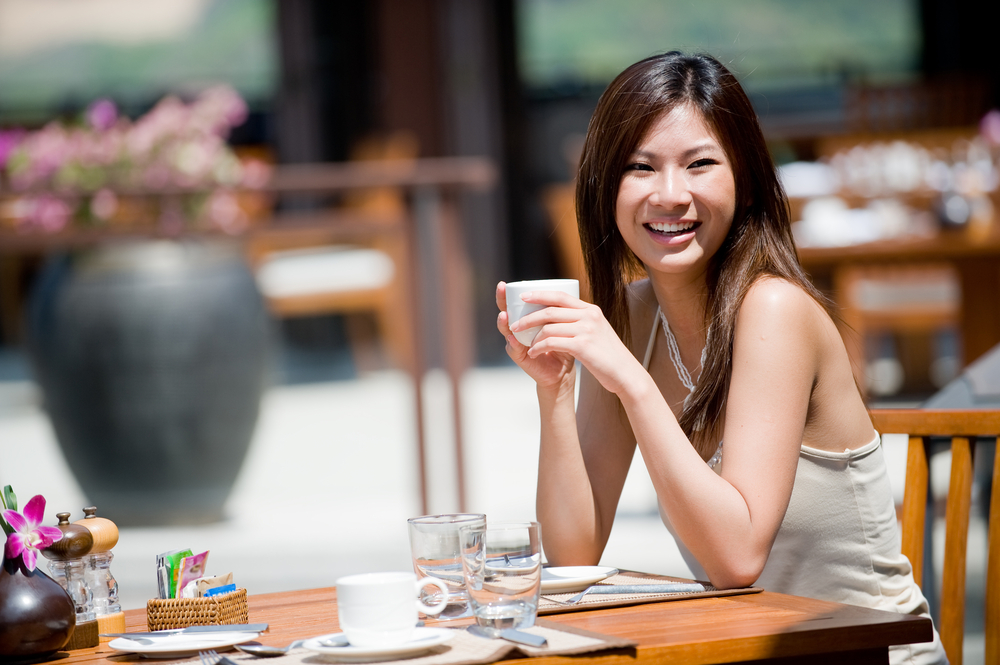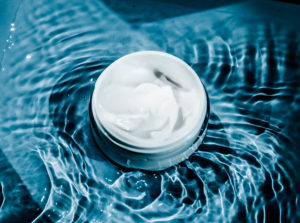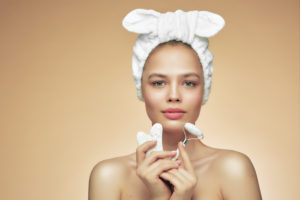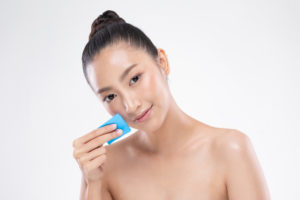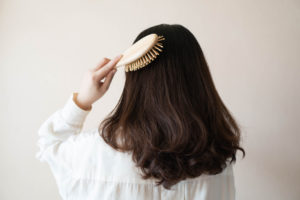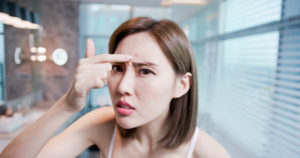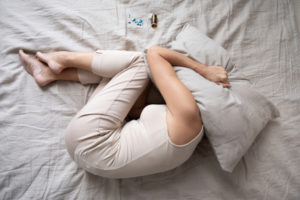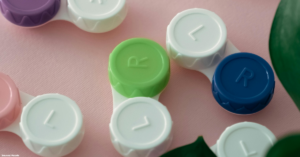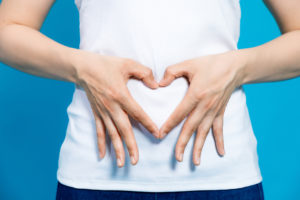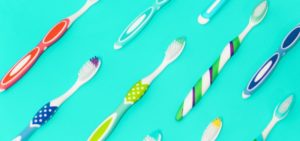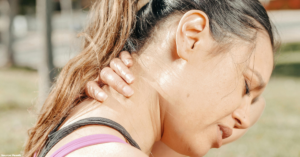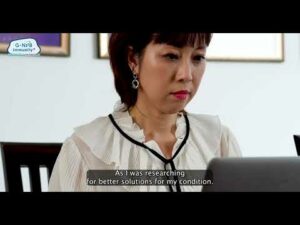Wellness
Stay Safe in the New Normal: Experts Rate Activities Based on Covid-19 Risk
Quarantine measures have been lifted, and many people are eager to finally get outdoors and return to their old routines....
By: Dedet Panabi / July 2, 2020
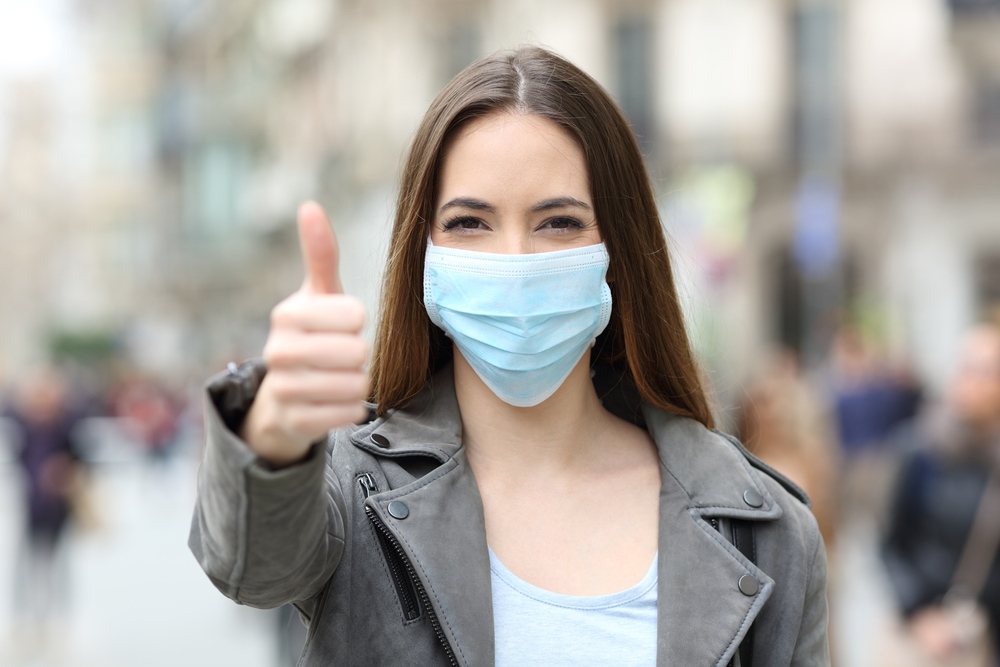
Quarantine measures have been lifted, and many people are eager to finally get outdoors and return to their old routines. However, global experts say it’s still important to take proper precautions. “Covid-19 exposure risk varies across activities,” says Anthony Fauci, MD, director of the US National Institute of Allergy Infection and Diseases. Here’s what you need to know before you leave your home.
Contents
Restaurants
Risk of exposure will always be higher in an enclosed area like a restaurant. “When you’re outside there’s a lot more air movements and ability for respiratory droplets to dissipate into the environment,” says Dr. Plescia, chief medical officer of the Association of State and Territorial Health Officials.
So, if you’re meeting up with friends, choose a restaurant that has enough distance between tables or outdoor seating. Avoid buffets, since the food is exposed and handled by several customers. Remember how the Covid-19 cases spiked in Korea because of one patient who went to a buffet, and transmitted the virus to hundreds of other people.
Ideally, the establishment should be taking extra steps to ensure your safety: hand sanitizers, face masks and shields, regular cleaning and disinfecting schedules. Avoid very small and crowded restaurants. Your motto for dining should be “when in doubt, get takeout.”
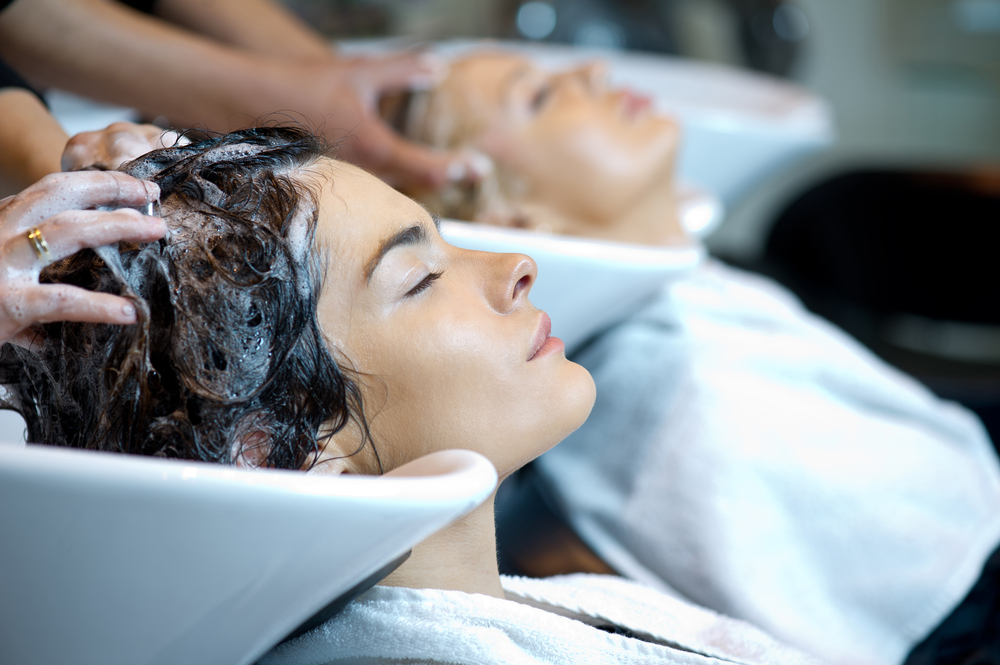
Beauty Salons
Unlike other services, hairdressers and beauticians will need to stay in close proximity with you, which provides an elevated risk all on its own. You’ll also be sharing tools with other customers, and staying at least one hour in air-conditioned room. So, if you’re at high risk like pre-existing health conditions, you may want to skip your manicure or hair cut for now, or avail of a home service.
However, if you’re not part of the high risk group, you can get your beauty fix. Just follow these precautions:
- Get the salon policy. Ask about their rules and preventative measures: schedule of disinfection, social distancing, etc.
- Consider the time of treatment. Now is not the time for a three-hour sesh. Get a basic haircut and skip the complicated highlights.
- Book an appointment. You avoid waiting for your turn, and you can arrange to visit the salon during “down time” when there aren’t that many customers.
- Wear clothes you can wash immediately when you get home. It may seem overzealous, but you want to eliminate any risk of bringing home the virus to your family.
- Wear disposable gloves. “This prevents you from spreading any germs on the seat or tools you might touch during your service, and keep you from coming into direct contact with any germs on these surfaces at the same time,” says Robyn Gershon, MHS, DrPH, a clinical professor of epidemiology at the New York University School of Global Public Health.
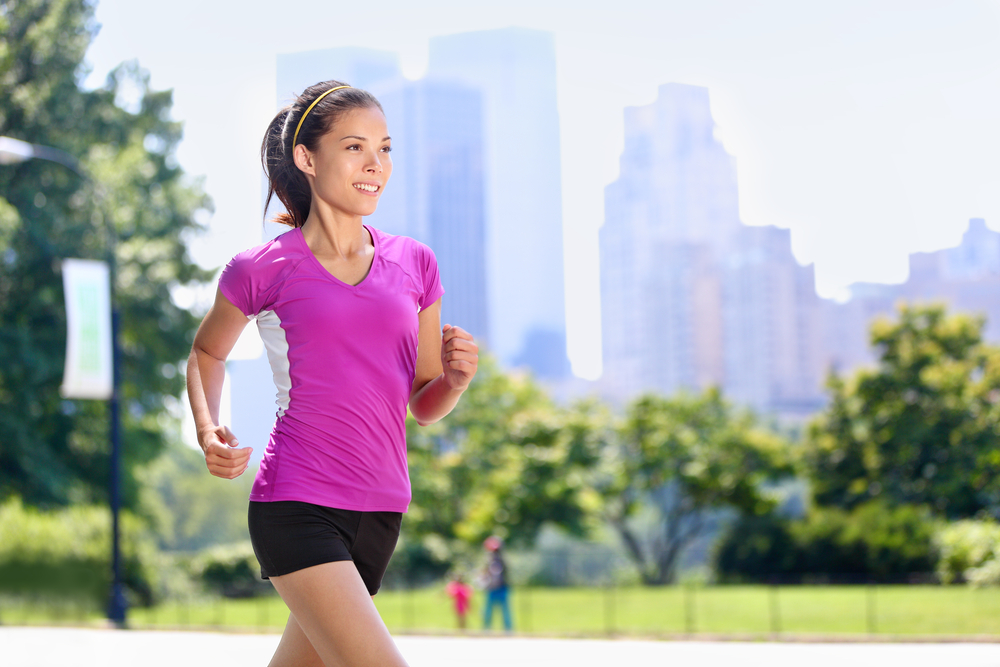
Jogging/running outdoors
It’s dangerous to run with a face mask, so you will be exposed. But, the risk for coronavirus transmission significantly drops if you’re running alone, and choose a route that still allows for social distancing.
Experts say it’s still safer to run outdoors than go to the gym. You have less contact with other people, and you don’t share equipment. If you want a running body, still maintain distance. Many Covid-19 carriers are asymptomatic, and you can get the virus or spread it to somebody else. You also tend to breathe harder during exercise, which can affect area the transmission.
“Going running with somebody, keeping a little bit of distance as you run is fine. But if you’re out with your trainer, and he gives you a little pep talk – that’s what you want to watch out for. You can catch COVID-19 from somebody being too close to you and talking.” says Dr. Plescia.
Public pools
There’s really no evidence that COVID-19 can spread through water in pools or hot tubs or water play areas,” says Grant Baldwin, PhD, co-leader of the CDC’s Community Interventions and At-Risk Task Force, COVID-19 Response. “Proper operation and disinfection of the pool environment should kill the virus.”
However, you can still get coronavirus from contact with other people, so still practice social distancing both in the lounge area and the pool. You should wear a mask when you’re sitting around the pool, but take it off the moment you hit the water. A cloth mask becomes heavy when it’s wet, and make it difficult to breathe.
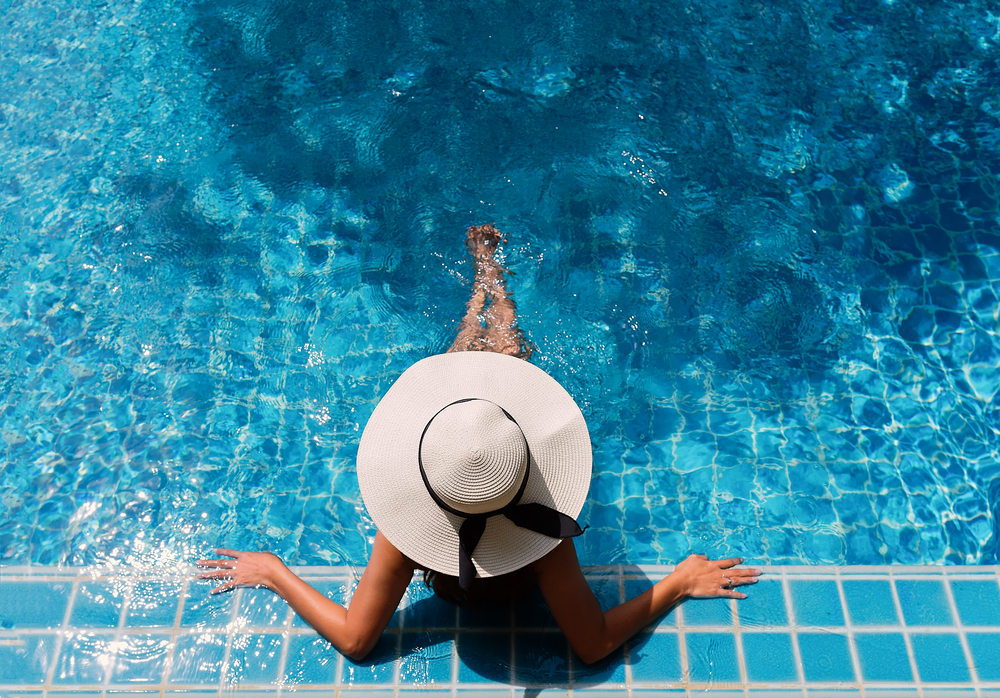
Sports
“People need to be careful about sports that result in a lot of proximity or even contact,” says Dr. Plescia. Basketball is high-risk, but golf is safe. Tennis can be safe if you practice appropriate precautions between matches.
Parks and playgrounds
A large outdoor park can be a safe way to get fresh air while maintaining social distancing. However, you should still be careful about communal equipment such as benches, or the playground swings and seesaws. Wipe these down with alcohol.
You may also want to avoid using any plastic swings or tunnels. The corona virus lasts longer on plastic than any other surface. Laboratory tests found that it takes 16 hours for the virus to die, and 2 to 3 days to completely disappear, on plastic.
If you can, go to a park or playground with wooden benches or play equipment. Since wood tends to absorb moisture, it dries the microbes out.
Saunas and steam rooms
Saunas operate at higher temperatures (70-100°C or 158-212°F) and have porous wood furniture, so it would hard for any virus to survive for long.
However, steam rooms that have lower temperatures (around 40°C or 104°F) and ceramic surfaces have a higher risk of transmission.

